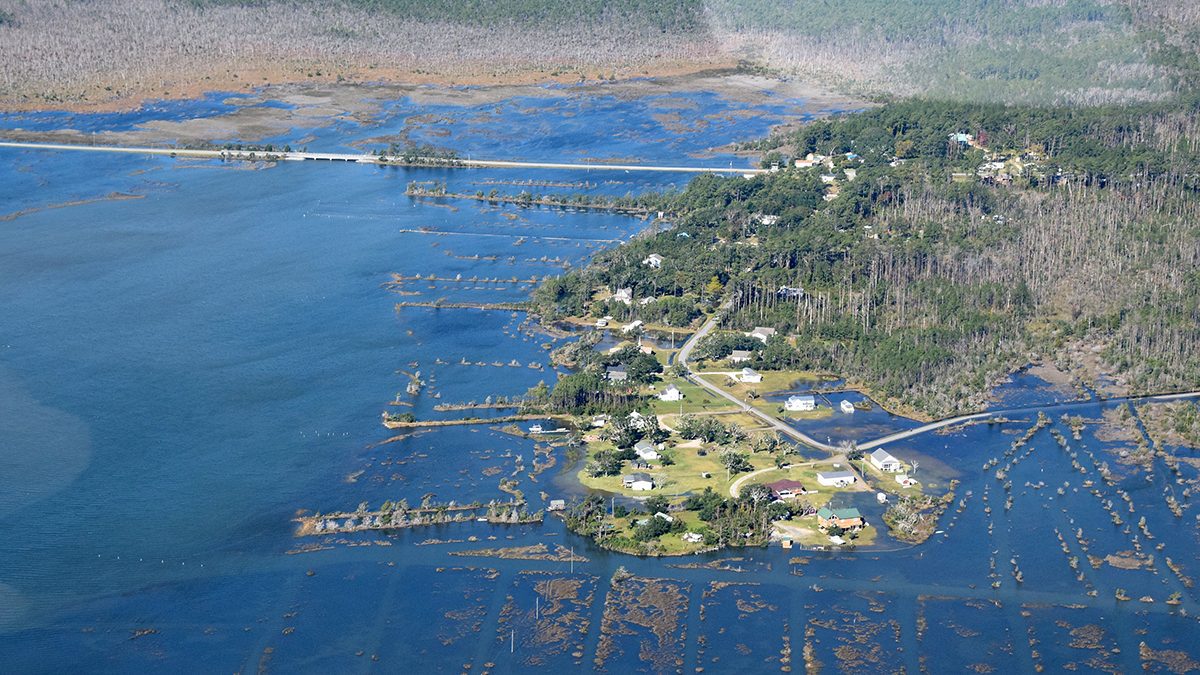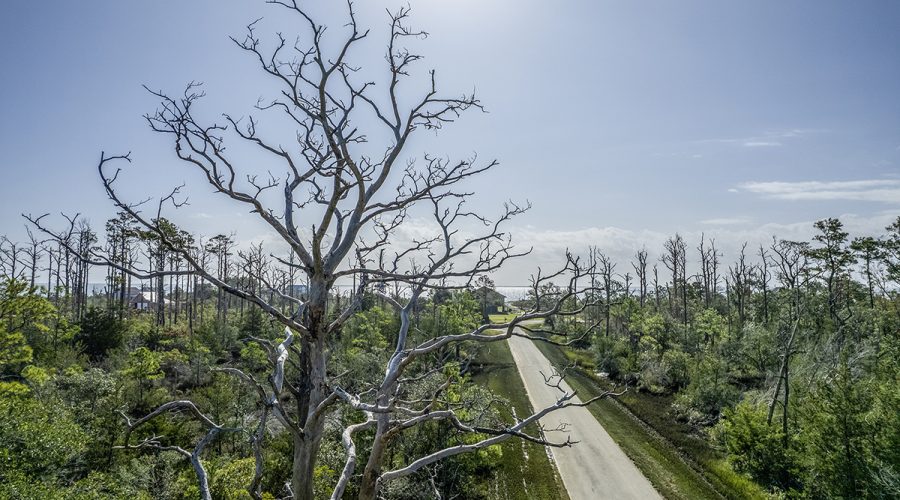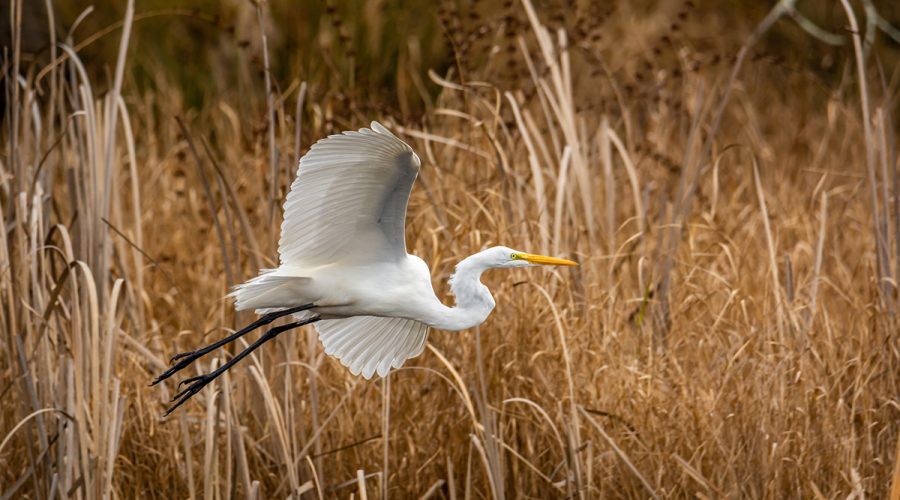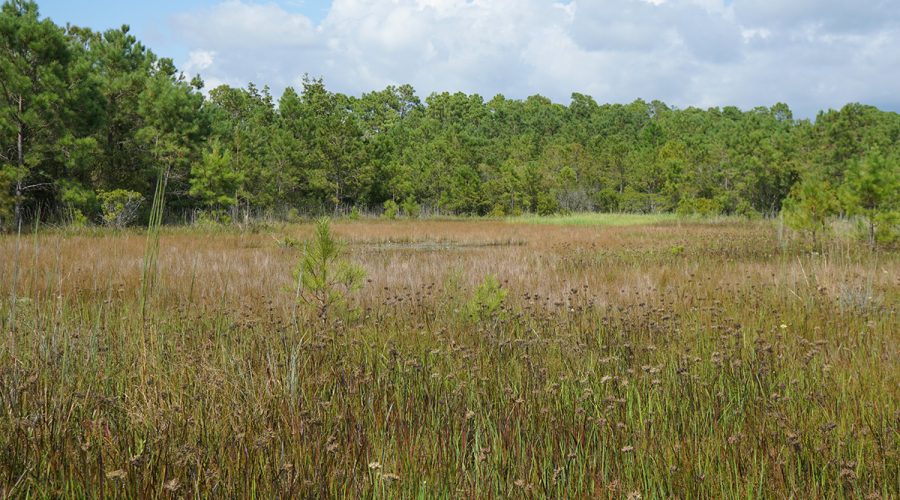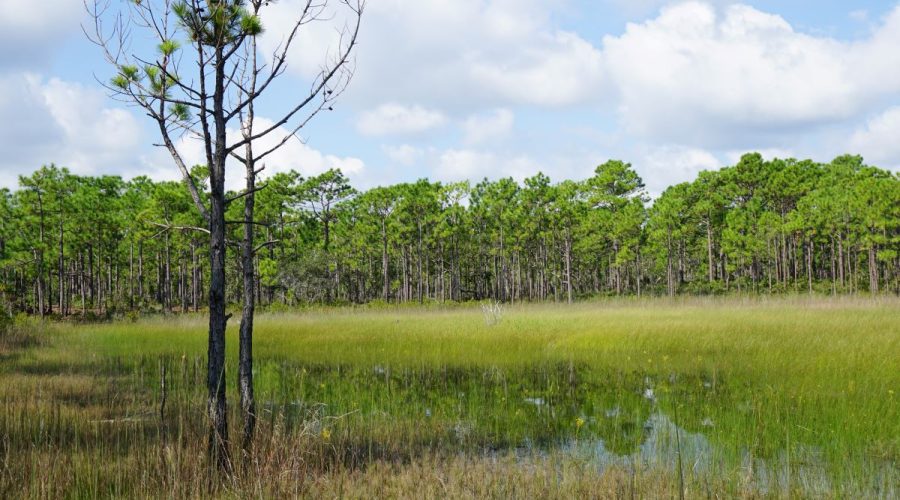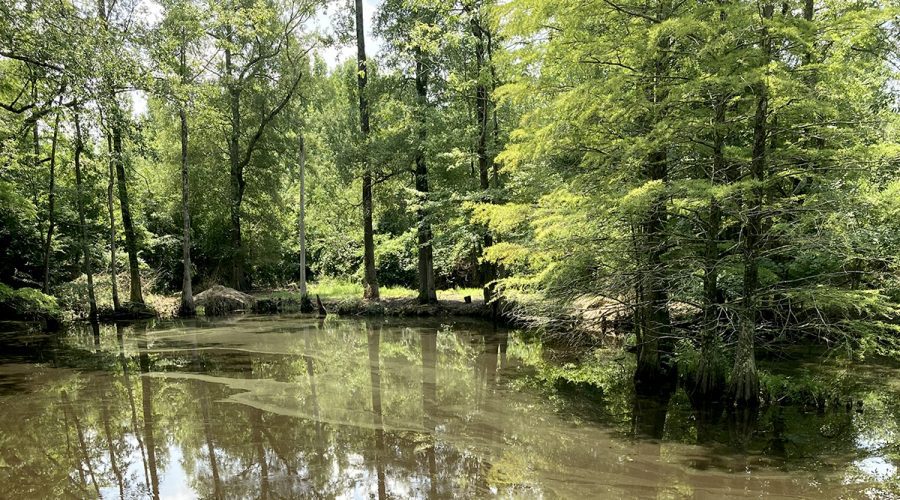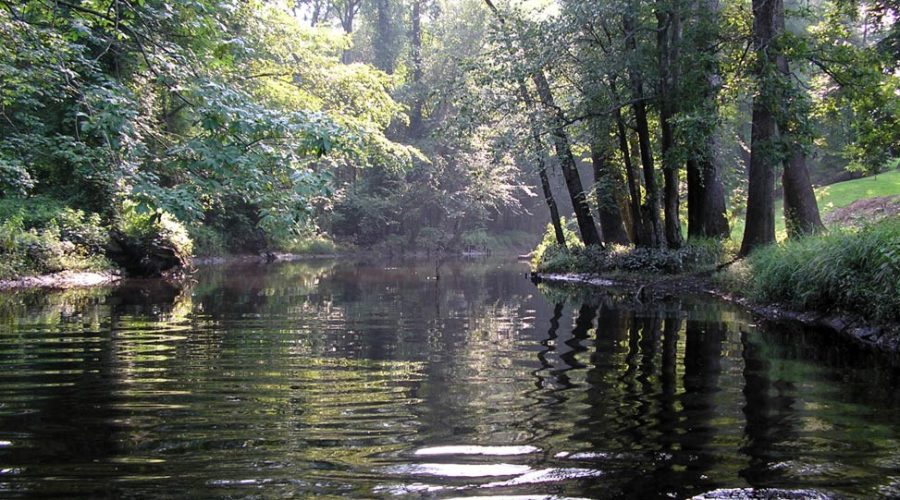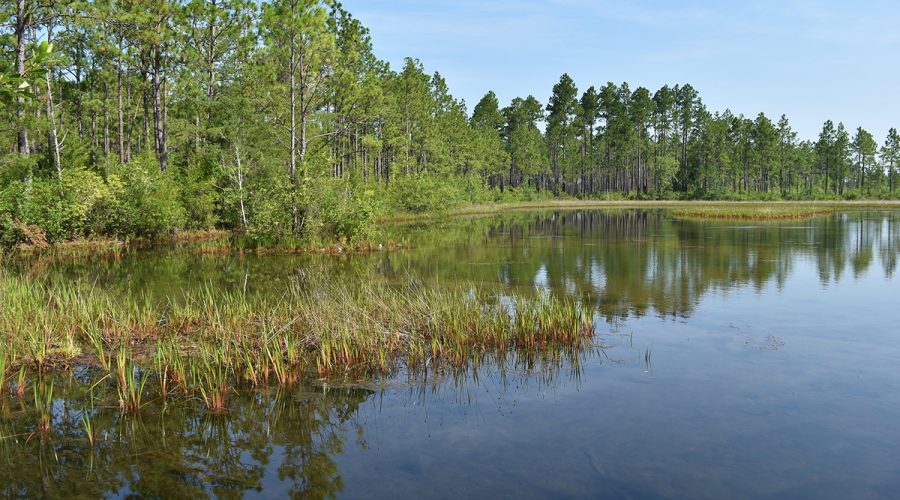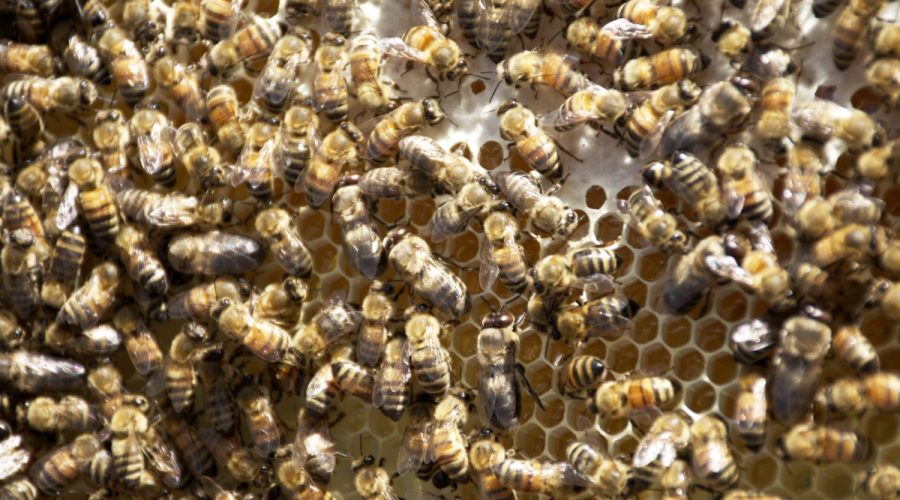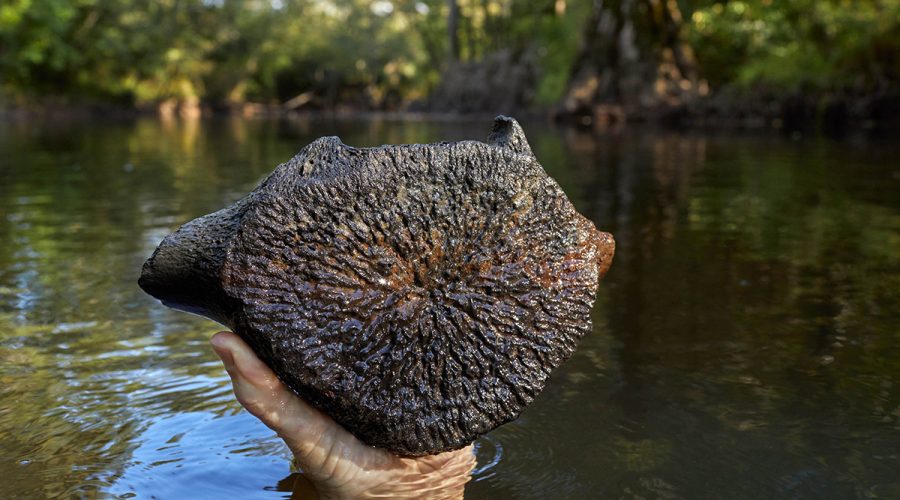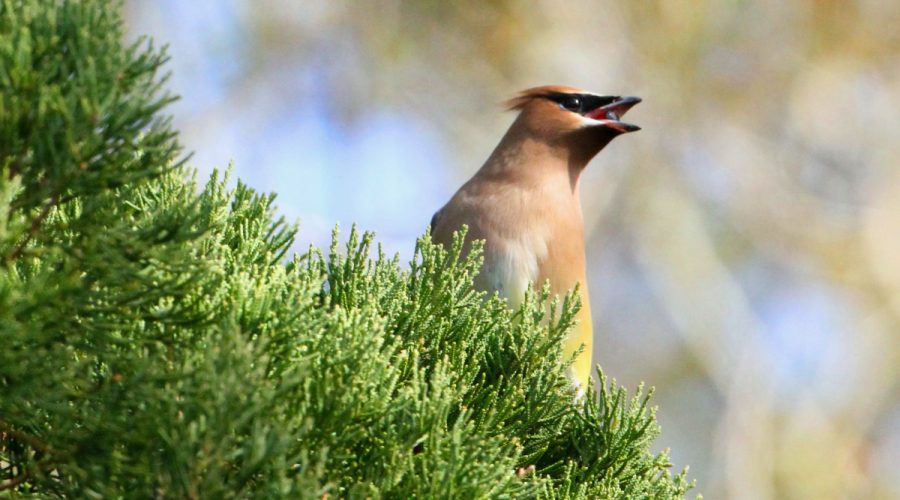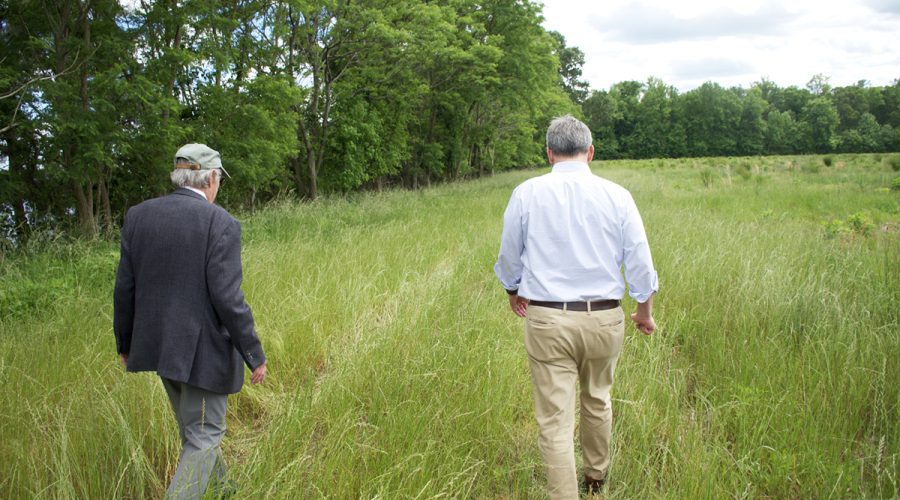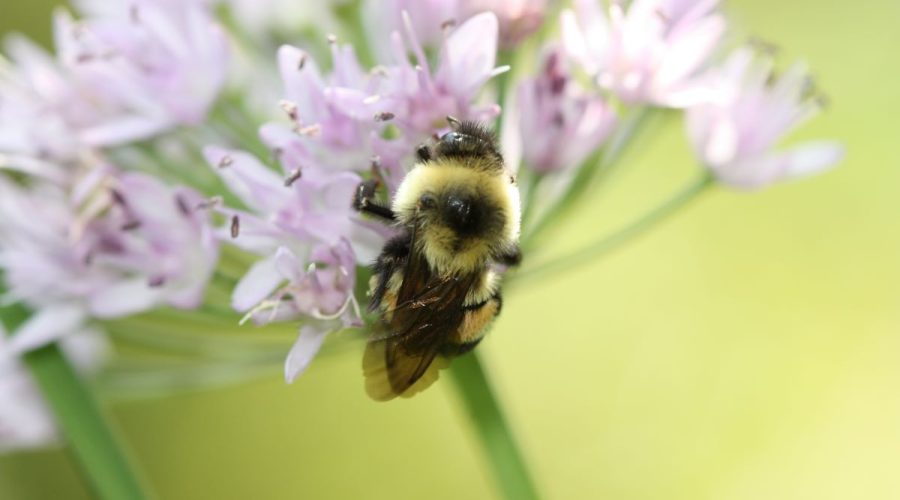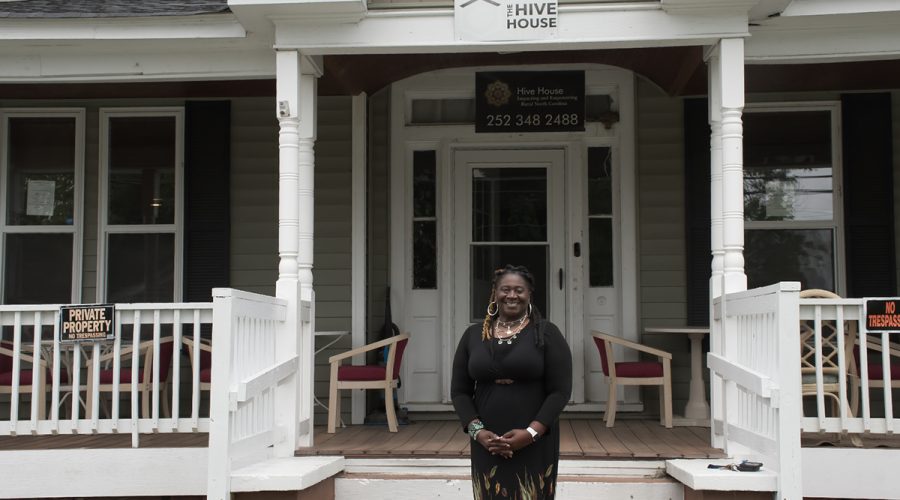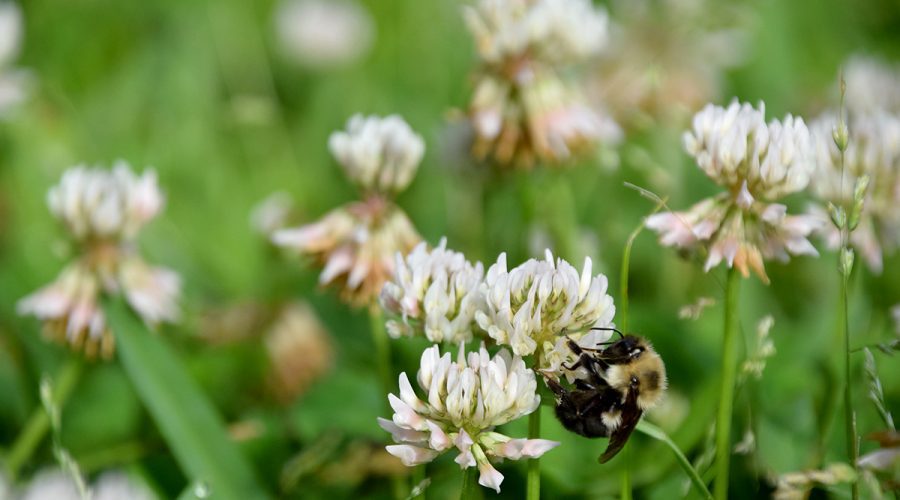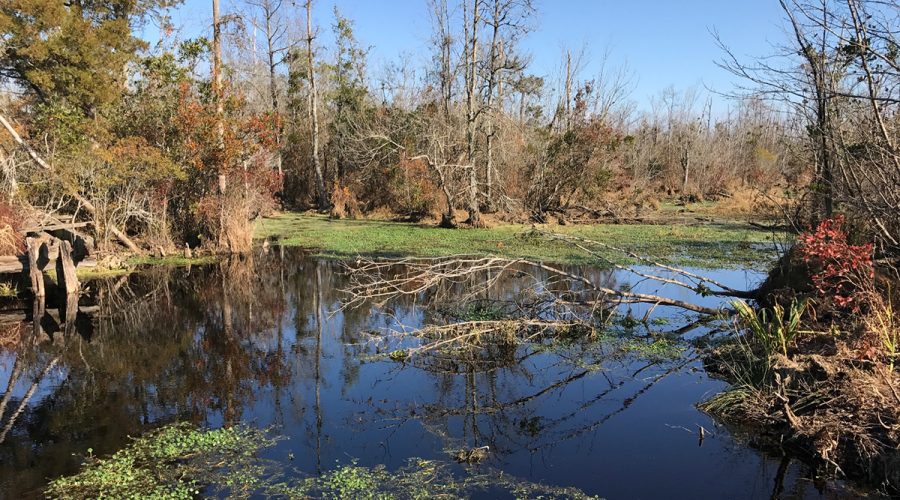Special report: Five years after Hurricane Florence battered and drenched Down East Carteret County, much has changed, but solutions are elusive.
Special Reports
Changes from Hurricane Florence Down East still visible
New series: The Down East Resilience Network brought together state agency representatives, scientists, residents and advocates for a two-day community conversation on changes Down East since the 2018 Category 1 storm and how to prepare for the next.
Pilot projects may prove vital in Currituck Sound restoration
Currituck Sound, once the crown jewel of the Atlantic Flyway, but migratory waterfowl counts have plummeted. Years of pilot projects and collaboration led to a working plan for restoring this important marsh habitat.
Decades of water quality safeguards erased, advocates say
Groups that have for more than 40 years led the fight for clean water say the public may not be fully aware of the potentially devastating effects the latest federal rule could have for NC wetlands.
New federal rule puts 2.5 million acres of wetlands in peril
The Clean Water Act rule issued Tuesday redefines “waters of the United States” and leaves unprotected wetlands with no surface connection to navigable water bodies.
Ongoing study may show overlooked algal bloom causes
A year into a 30-month public science study, preliminary data appears to show that higher than expected nutrient loads in minor tributaries may contribute to increasingly regular and persistent blue-green algal blooms in northeastern North Carolina rivers.
Analysis: Farm Act axes motive to protect shoreline trees
Water quality advocates worry that the reduced civil penalty in this year’s Farm Act for removing trees in riparian buffers may result in tree loss in protected shorelines.
Analysis: Farm Act strips wetland safeguards, mitigation
Special report: The governor’s veto not withstanding, this legislative session’s farm bill is now law, and with it, state offsets and water quality protections for eastern North Carolina’s wetland environments may have evaporated.
Beekeeping in North Carolina largely an amateur endeavor
North Carolina has the largest state beekeeping association in the country, but its number of large-scale commercial beekeeping operations lags far behind other states.
Whales of Fishing Creek: Fossils reveal climate prophecies
The remains of prehistoric worlds beneath the Edgecombe County town of Princeville, just west of North Carolina’s coastal counties, reveal our potential climate future and possible climate solutions.
New landscaping guide suggests ‘Plant This Instead!’
It’s hard to know what plants are best for your garden, but a new guide from the Coastal Landscapes Initiative offers alternatives to potentially harmful and invasive ornamentals.
First phase of Tall Glass of Water project nears completion
New amenities, a wheelchair-accessible beach path to the shore, and a natural setting one officials called “the best possible fit for a county park” will soon be fully opened to the public.
NC-founded program promotes pollinator protections
What began as a grassroots effort in the North Carolina mountains a decade ago to save honeybees has become a nationwide initiative to protect pollinators.
Grants may help troubled Bertie County get back to nature
Lewiston Woodville in Bertie County has poverty and obesity-related health challenges, but one small nonprofit is working to get young people outside and healthier.
Your perfectly mown lawn may be harming pollinators
An awareness campaign called “No Mow May” is urging people not to mow their lawns this month, or even this whole season, as a way to help make sure that pollinators have enough to eat.
NC peat holds carbon market promise, but process complex
North Carolina’s 250,000 acres of privately owned peatland could be the ticket to tapping into the $2 billion voluntary carbon trading market, but the steps ahead are rigorous and expensive.

